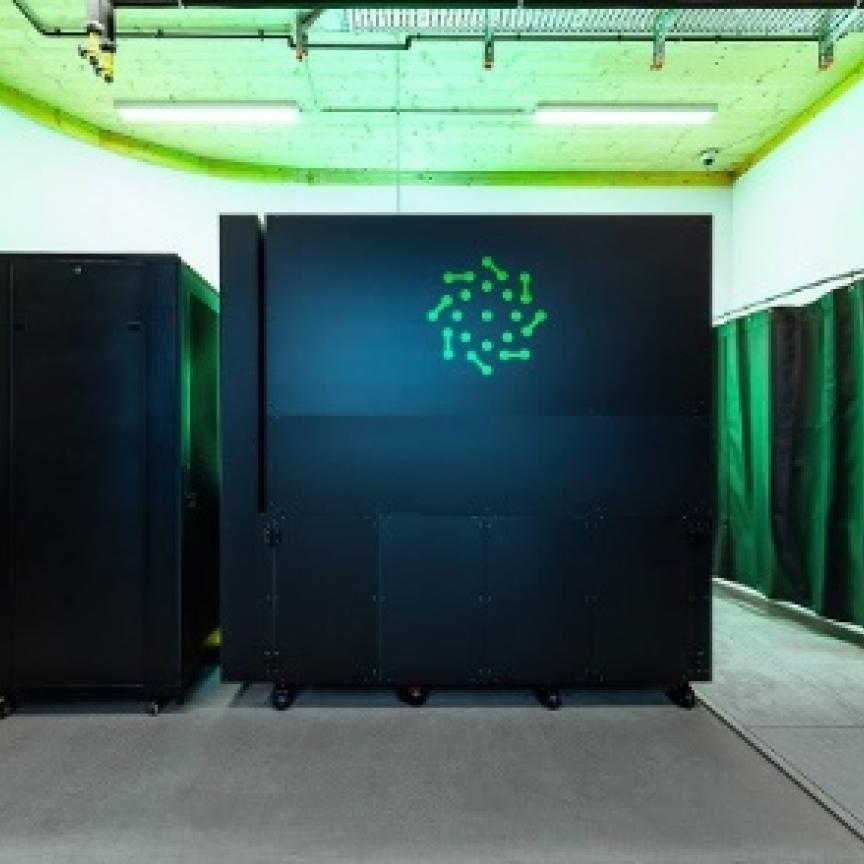A new European project aims to overcome the energy efficiency challenges of heterogeneous computing architectures by developing a new software stack.
The project known as Low Energy Toolset for Heterogeneous Computing LEGaTO is developing a toolset that will employ a highly efficient task-based programming model coupled to a dataflow runtime, while simultaneously ensuring security, resilience and programmability.
Project coordinators Osman Unsal and Adrian Cristal, commented: ‘Moore´s Law is slowing down, and as consequence hardware is becoming more heterogeneous. In the LEGaTO project, we will leverage task-based programming models to provide a software ecosystem for Made-in-Europe heterogeneous hardware composed of CPUs, GPUs, FPGAs and dataflow engines. Our aim is one order of magnitude energy savings from the edge to the converged cloud/high-performance computing (HPC).’
The LEGaTO project aims to increase energy efficiency by an order of magnitude through the use of the energy-optimised programming model and runtime, but it also has other plans to improve HPC performance and reliability.
Specifically, LEGaTO aims to reduce the size of the trusted computing base by at least an order of magnitude, reduce meantime failure rate fivefold while decreasing the energy consumption while also improving FPGA programmer productivity by ‘leveraging novel features of dataflow hardware design’.
This new project, first announced in December 2017 is trying to solve a challenge that is becoming increasingly important as processor developers struggle to overcome the material limitations they face when trying to design ever smaller transistors. This coupled with the heat density problems associated with packing an ever-increasing number of transistors in a unit area has caused Moore’s Law to slow down.
Heterogeneity is the generally accepted solution to this problem, but this also solutions also has its challenges. Incorporating more specialised compute units in the system hardware and utilising the most efficient compute unit for each computation has helped to drive performance. In recent years significant advances have been made to support heterogeneity for computing performance but power and energy-efficient computing it is lagging behind.
This new project may help to overcome some of these challenges, but it is not solely focused on developing HPC technology. The energy-efficient software toolset for heterogeneous hardware developed within the LEGaTO project will be applied in three use cases; healthcare, Smart homes and cities and Machine Learning.
Healthcare applications could benefit from this project through a decrease in energy consumption in the healthcare sector and an increase in healthcare application resilience and security – both critical requirements.
The project also aims to demonstrate how this research can be used to develop programming simplification and energy savings through the use of the LEGaTO software–hardware framework for the Internet of Things (IoT), smart homes and smart cities applications. Sensitive sensor information and actuator instructions can be received and sent via the developed secure IoT gateway.
The project software could be used to improve the energy efficiency of machine learning by employing accelerators and tuning the model architecture at runtime.
LEGaTO is funded by the European Commission with a budget of more than €5 million over the next three years, beginning on 1 December 2017.
The partners of the project are Barcelona Supercomputing Center (BSC, Spain), Universität Bielefeld (UNIBI, Germany), Université de Neuchatel (UNINE, Switzerland), Chalmers Tekniska Högskola AB (CHALMERS, Sweden), Machine Intelligence Sweden AB (MIS, Sweden), Technische Universität Dresden (TUD, Germany), Christmann Informationstechnik + Medien GmbH & Co. KG (CHR, Germany), Helmholtz-Zentrum für Infektionsforschung GmbH (HZI, Germany), TECHNION - Israel Institute of Technology (TECHNION, Israel), Maxeler Technologies Limited (MAXELER, United Kingdom).

